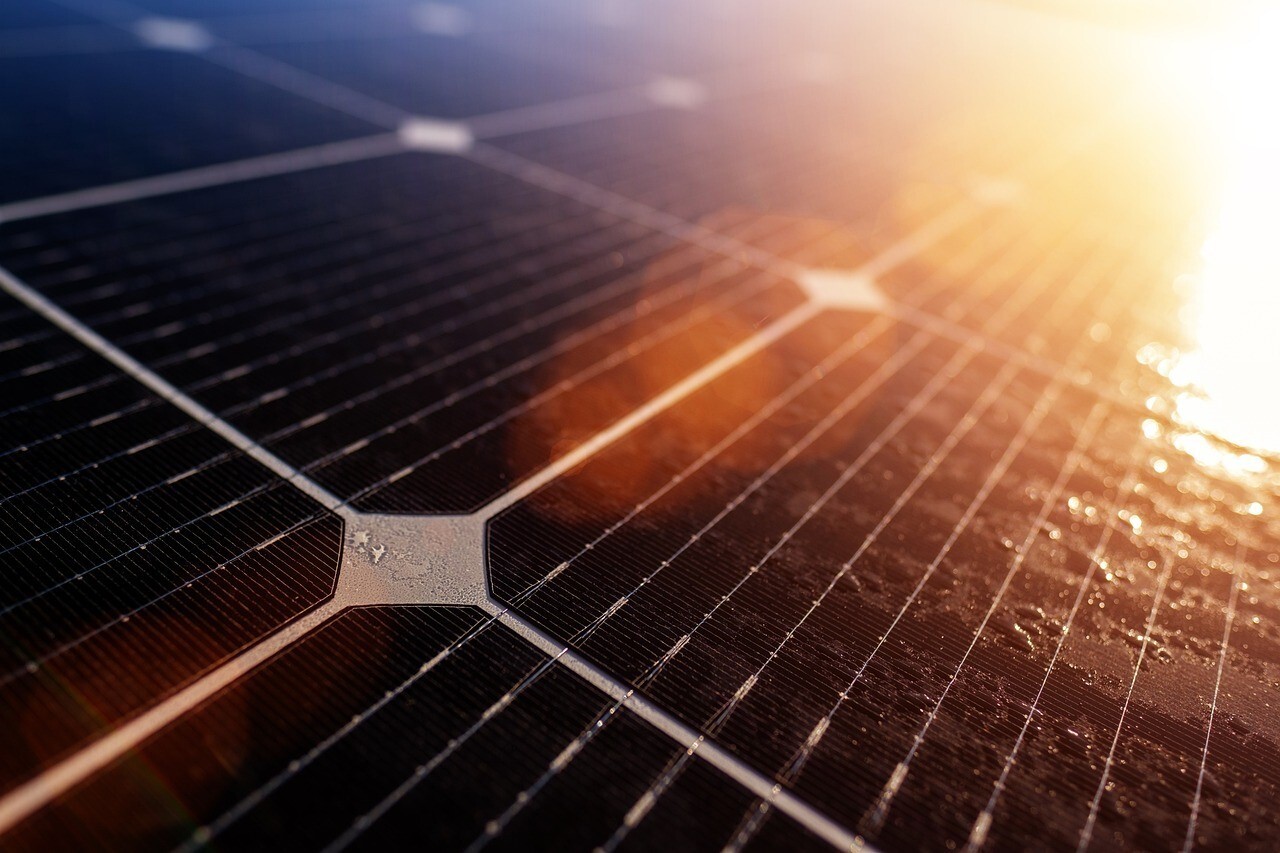您想继续阅读英文文章还
是切换到中文?
是切换到中文?

THINK ALUMINIUM THINK AL CIRCLE

Gujarat-based H&H Aluminium Pvt Ltd has established India’s largest aluminium solar frame manufacturing facility in Rajkot with an investment of INR 150 million (USD 1.8 million. Located in Chibhda village and spread across 28,000 square meters, the facility has an annual production capacity of 24,000 tonnes.

Image for referential purposes only
The plant was inaugurated by Union Minister C.R. Patil (Department of Water Resources, River Development and Ganga Rejuvenation) at an event in Ahmedabad.
Trial production began in June 2025, and the company expects to begin full commercial operations within the next month. Once fully operational, the facility is projected to generate annual revenues of INR 700–750 crore and provide direct employment to 300 people.
To meet global quality benchmarks, the company has imported its entire production line from China, including aluminium extrusion presses and anodising equipment. This decision was made due to the lack of high-capacity aluminium machinery manufacturing capabilities within India.
H&H Aluminium Director Uttam Patel said, “Our initial target is to meet the quality provided by China. Pricing and quality were the two major reasons why indigenous production of aluminium frames for solar modules did not pick up in India. The quality (of domestic production) is not at par with that of China.”
The company will also source raw aluminium from domestic producers like National Aluminium Company Ltd (NALCO) and Bharat Aluminium Company Ltd (BALCO).
Patel added: “As we have just commenced our trial production, we have given only a trial order. But monthly we will require about 2,000 tonnes of aluminium ingots for our monthly operations.”
India has historically relied on China for 90–95 per cent of its aluminium solar panel frame imports. To curb this dependence and support local industry, the Indian government imposed an anti-dumping duty in September 2024 on anodised aluminium frames for solar modules imported from China.
The duty ranges from USD 403 to USD 577 per tonne, applicable for five years.
Patel said, “This anti-dumping duty came after we had bought land and machinery for the project. We knew the government would help,”
Broader industry trend toward backward integration
Several Indian solar manufacturers are now moving to manufacture aluminium frames in-house. Among them, Premier Energies, India’s second-largest integrated solar PV manufacturer has announced an investment of INR 230 crore to set up a plant with a 36,000 tonnes per annum aluminium frame capacity for captive consumption.
As of March 31, 2024, Premier Energies has 2 GW of annual solar cell capacity and 4.13 GW in module manufacturing.
This shift reflects the growing importance of aluminium in India’s renewable infrastructure, driven by its lightweight, corrosion resistance, recyclability, and structural strength essential for durable solar frames.
Responses








